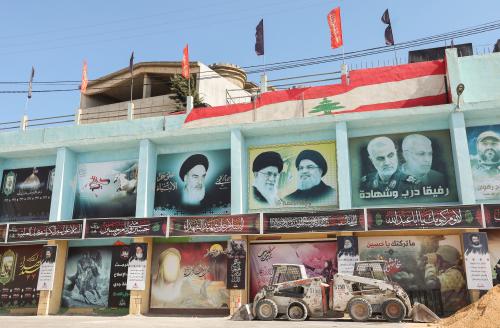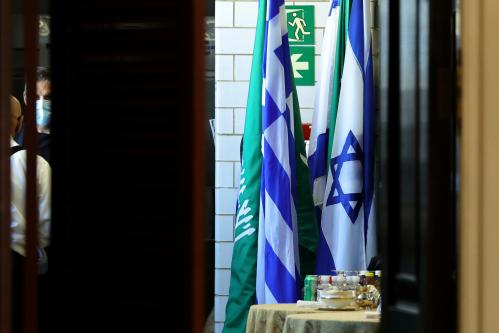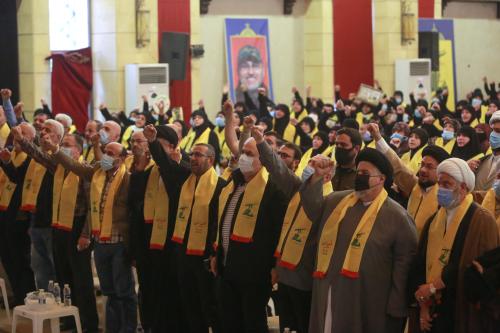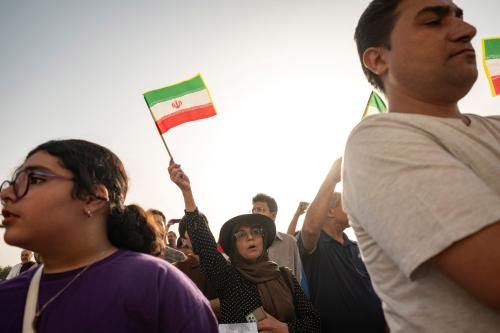Executive summary
Lebanon is sliding into “failed state” status. The country has been limping along with a weak interim executive while the presidency has been vacant for over six months. A full restoration of the country’s leading governance institutions is needed as a first step to implement the long-awaited economic and fiscal reforms required to fulfill an International Monetary Fund bailout of $3 billion. Given the negative experience of the government under former Lebanese President Michel Aoun, the new prime minister and cabinet must be fully empowered. At the expense of their compatriots, Lebanon’s rapacious political class and the beneficiaries of the country’s corrosive sectarian division-of-spoils system will do their utmost to maintain their privileged status.
The next few weeks could witness renewed regional and international efforts to broker a package deal for the selection of a new Lebanese president and prime minister. The key regional actors, Saudi Arabia and Iran, both of whom wield the greatest influence on the ground in Lebanon, have opened major channels of dialogue on a host of regional files. Other international stakeholders, such as France and Qatar, are seeking to stave off the country’s collapse.
Without playing the presidential “name game,” the United States should work within a diplomatic framework alongside Egypt, France, Qatar, and Saudi Arabia, to ensure that whatever package deal is cut on the executive bakes in compliance with the top priorities needed to pull Lebanon out of its nosedive. Washington should continue its commendable support for the Lebanese Armed Forces and Internal Security Forces (the army and police) as bulwarks against Hezbollah. The United States should also, when needed, employ the sanctions stick against those who engage in human rights violations and rob the patrimony of the Lebanese people.
-
Acknowledgements and disclosures
The author would like to thank Adam Lammon for editing and Rachel Slattery for layout.
The Brookings Institution is committed to quality, independence, and impact.
We are supported by a diverse array of funders. In line with our values and policies, each Brookings publication represents the sole views of its author(s).







